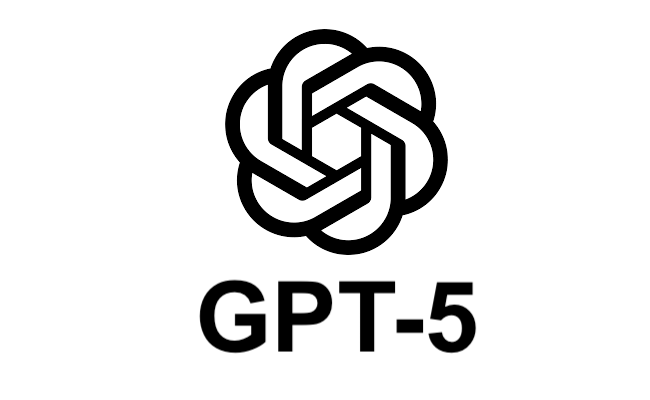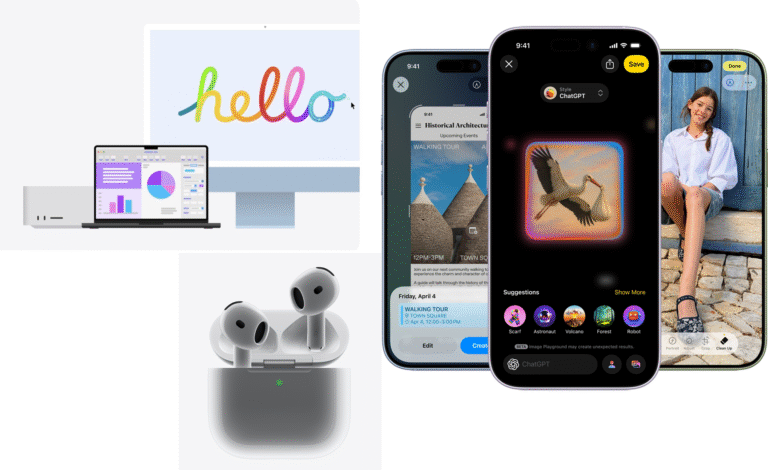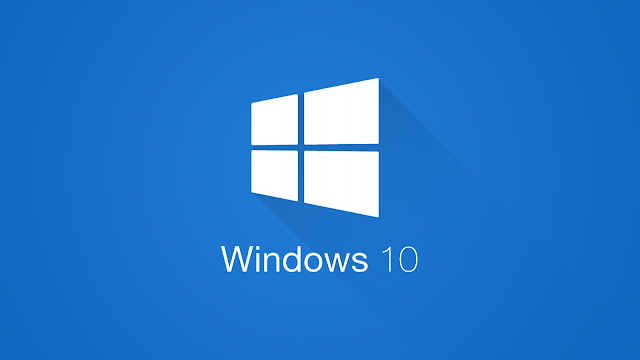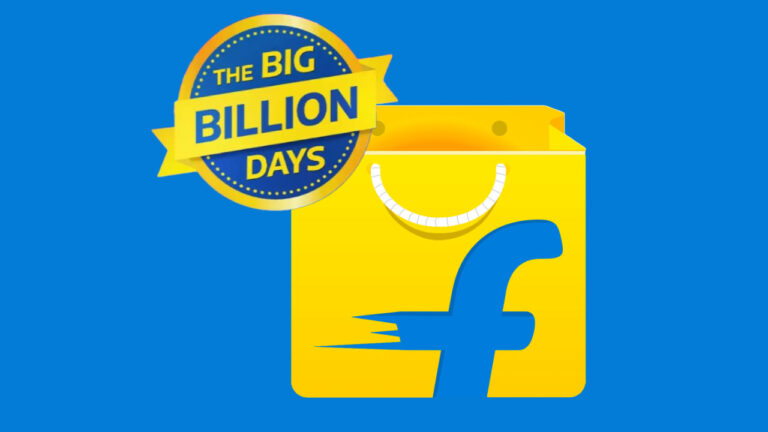
Photo source : optiprime.com.au
OpenAI is gearing up to launch its most powerful AI model yet — GPT‑5, expected to be released in August 2025. This upcoming version brings major upgrades in intelligence, functionality, and performance, setting a new benchmark for artificial intelligence tools.
One of the key changes with GPT‑5 is the introduction of a unified model system. Instead of switching between different models like GPT‑4, GPT‑4o, or o3, users will now interact with a single, intelligent system that can automatically handle complex or simple tasks. OpenAI CEO Sam Altman has said that they’re aiming to eliminate the “model picker” and create a seamless experience that just feels like “magic.”
In terms of capabilities, GPT‑5 is expected to show massive improvements in multi-step reasoning, handling more complex instructions and logic-based tasks with ease. It will support larger memory or context windows — potentially up to 1 million tokens — making it ideal for long documents or sustained conversations. The model will also offer multimodal input, meaning it can work across text, images, voice, and files more fluidly than before.
Some reports also suggest that GPT‑5 will act more like a digital agent, capable of performing tasks autonomously, connecting APIs, and executing workflows with little human intervention. There are also plans to introduce different model versions — such as lite and pro variants — to optimize speed and usage for different types of users.

Despite the excitement, CEO Sam Altman has openly shared his concerns. In a recent interview, he admitted that GPT‑5’s intelligence is so advanced it has left him feeling “useless” and even “a little scared.” He compared its development to the Manhattan Project and warned that the speed of progress in AI may outpace society’s ability to manage it responsibly.
Altman also expressed a bold vision — to make GPT‑5 accessible to every person on Earth for free — but acknowledged this comes with significant ethical and regulatory challenges.
With its expected August release, GPT‑5 could redefine how we interact with AI — both in potential and responsibility.



